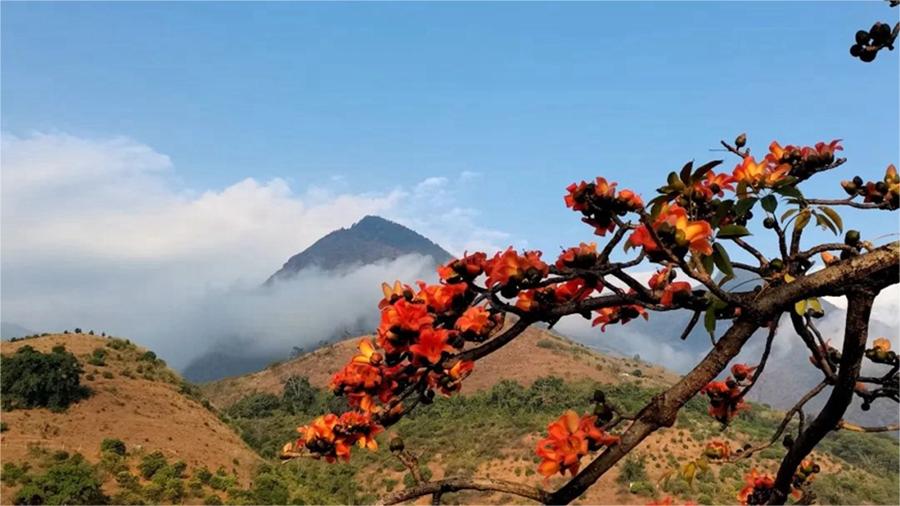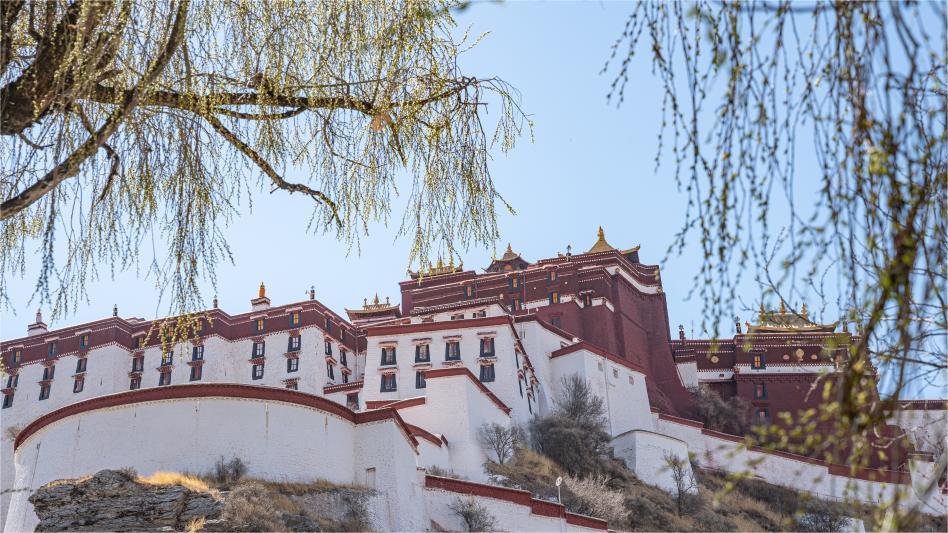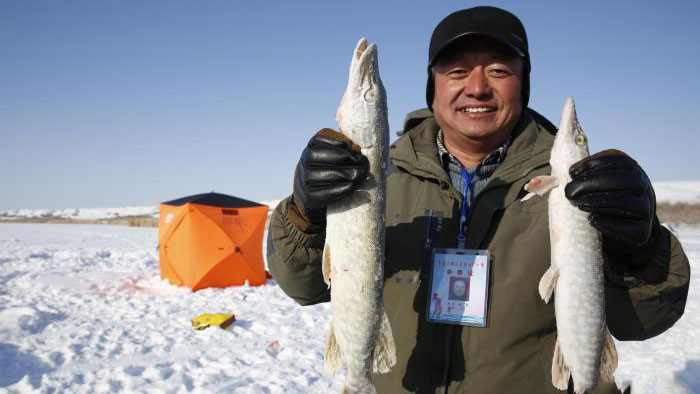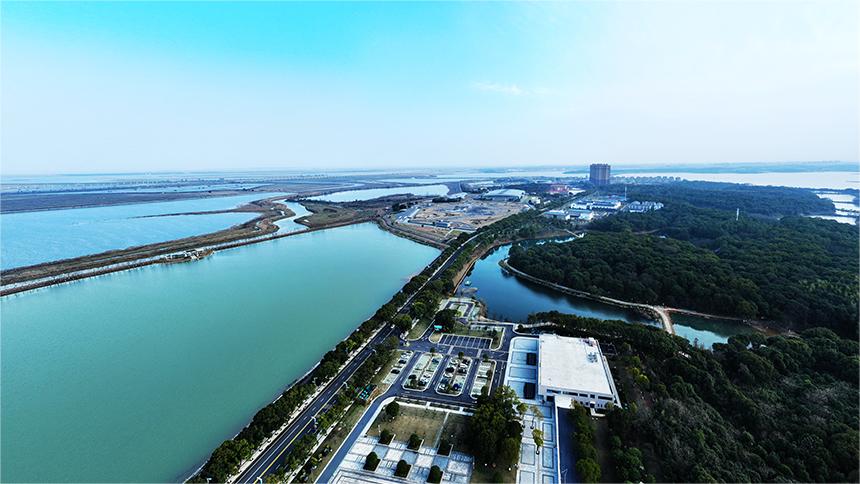Climate change, deforestation facilitate spread of dengue fever in Brazil
RIO DE JANEIRO, March 15 (Xinhua) -- The ongoing heatwaves spurred by climate change, coupled with incomplete urbanization and dense population movement in specific regions, are contributing significantly to the proliferation of dengue fever across Brazil, according to a study released on Friday.
The study, released by the Oswaldo Cruz Foundation, a Brazilian scientific institution for research and development in biological sciences, warns about the spread of dengue fever in the southern and midwestern regions of Brazil traditionally less prone to the disease.
This surge is attributed to the rise in extreme meteorological phenomena, including droughts and floods.
In the Cerrado biome, environmental degradation emerges as a significant determinant, marked by deforestation, rampant fires, and the transformation of woodlands into grazing lands.
Brazil has been afflicted with a dengue epidemic since the beginning of this year and the explosion of cases has led nine states to declare a public health emergency.
Dengue is transmitted by the Aedes aegypti mosquito and can be fatal in severe cases.?
Photos
Related Stories
- Performances staged to celebrate 50th anniv. of China and Brazil diplomatic relations in Belo Horizonte
- China, Brazil vow to strengthen synergy of development strategies, expand cooperation in emerging fields
- Chinese FM, Brazilian presidential advisor speak highly of bilateral strategic cooperation
- Int'l coffee week 2023 held in Belo Horizonte, Brazil
- Brazilian football legend Rivaldo attends event in C China's Hubei
Copyright © 2024 People's Daily Online. All Rights Reserved.









